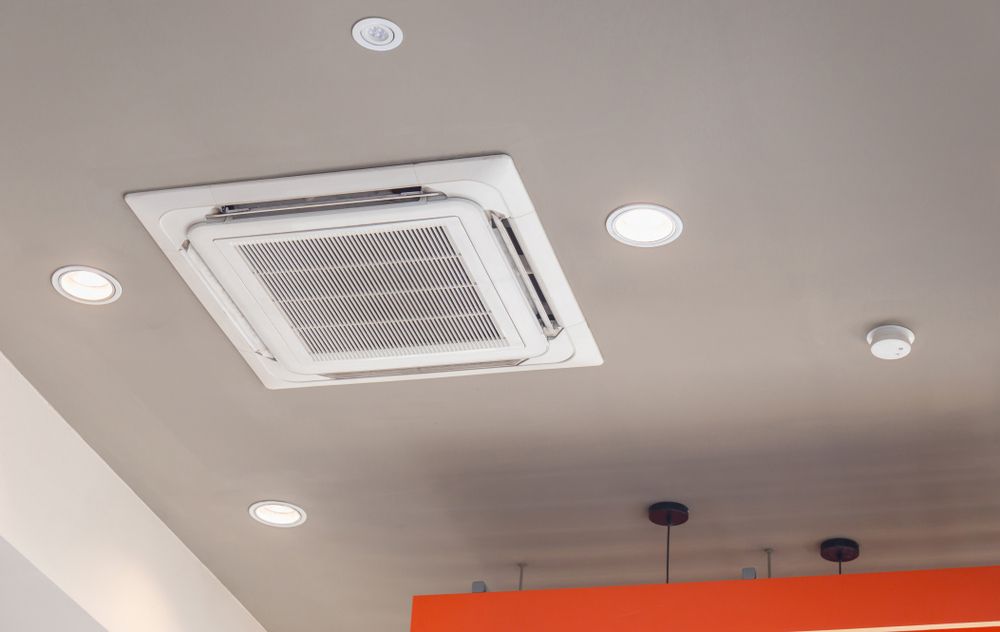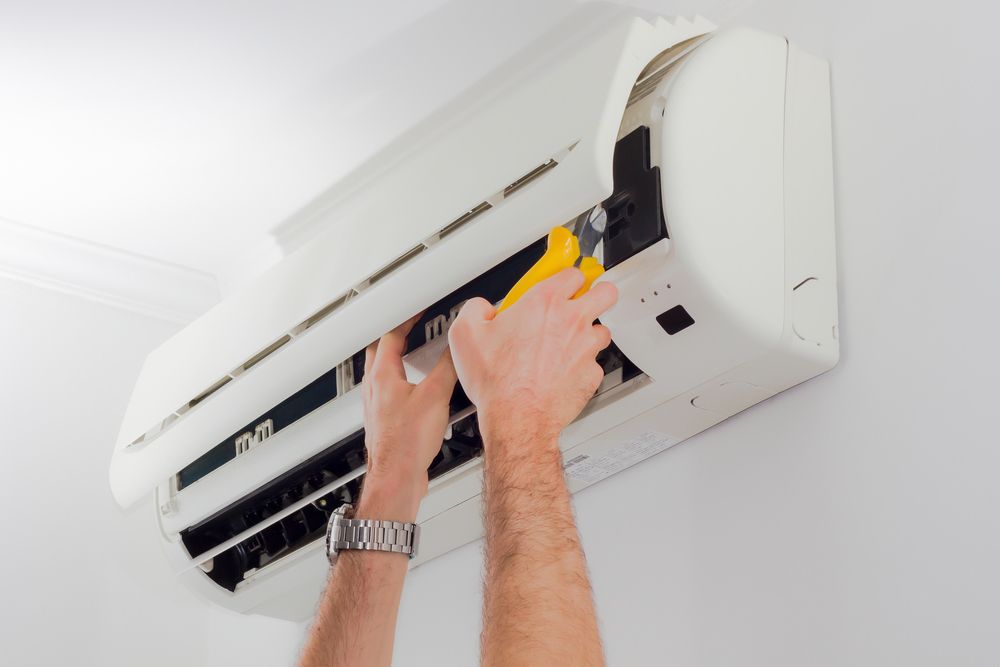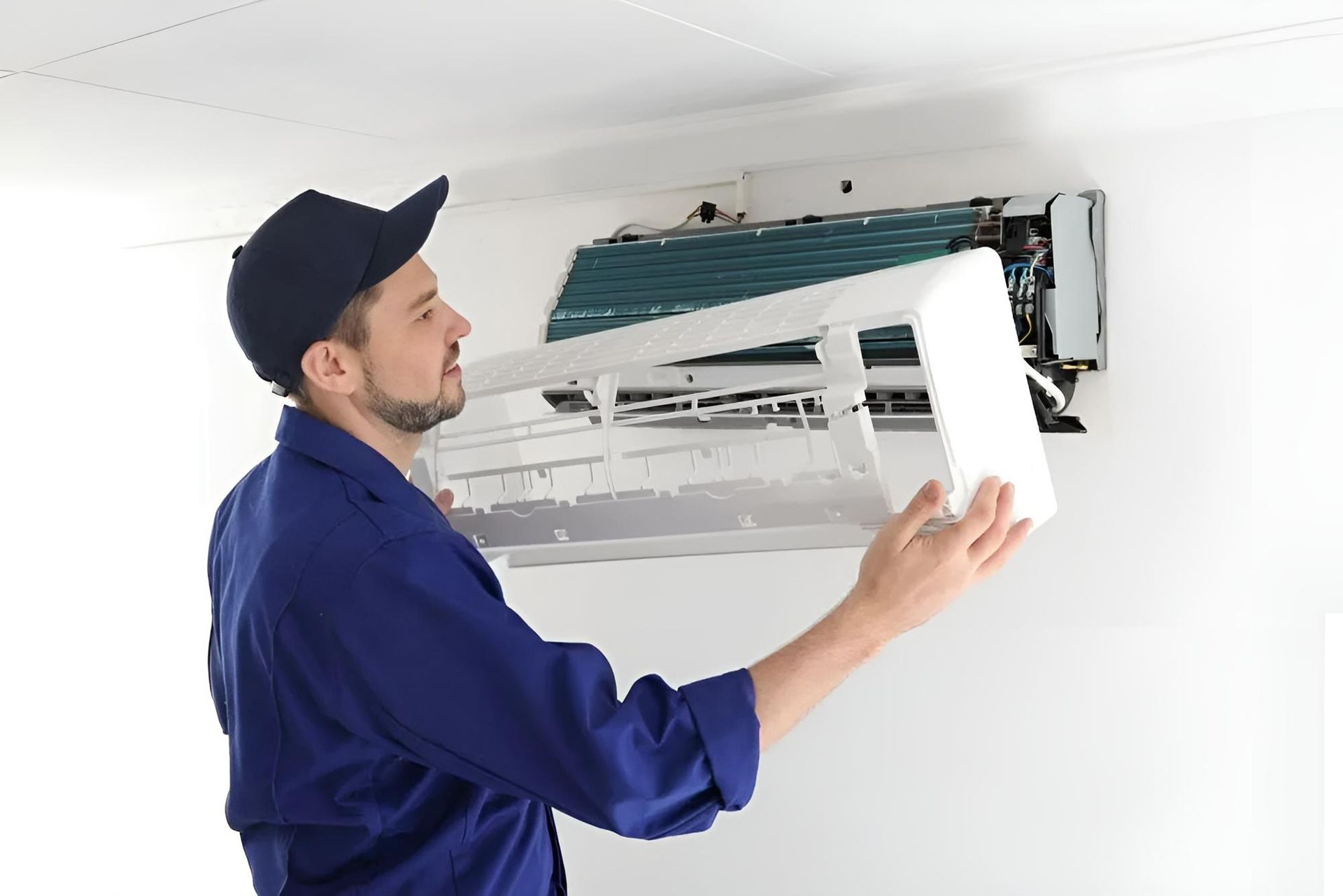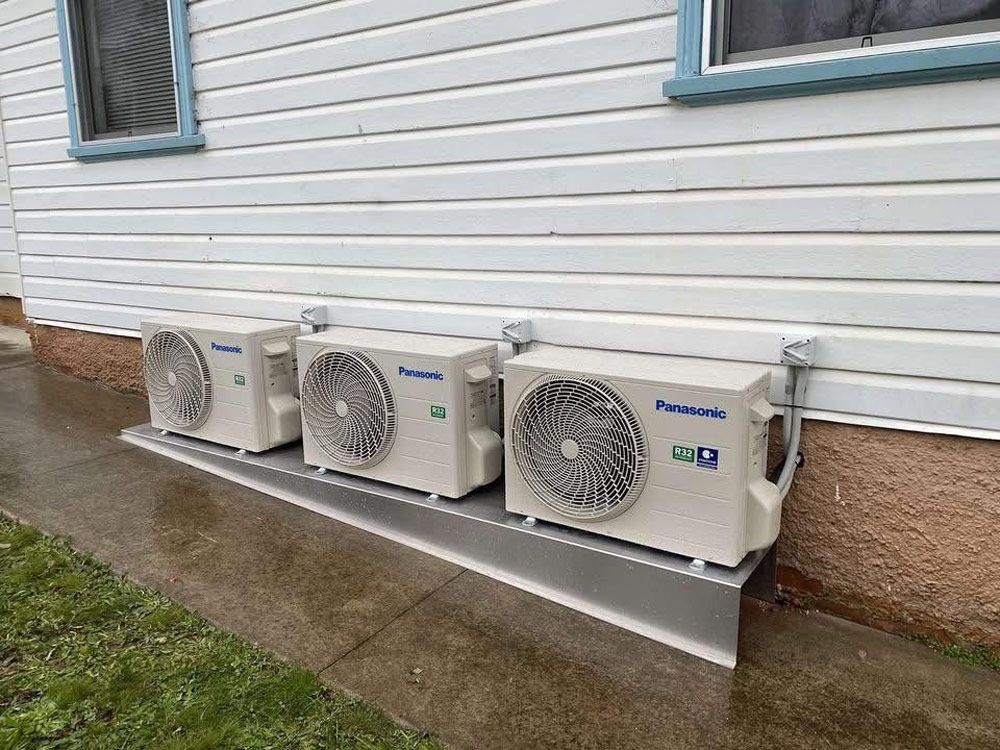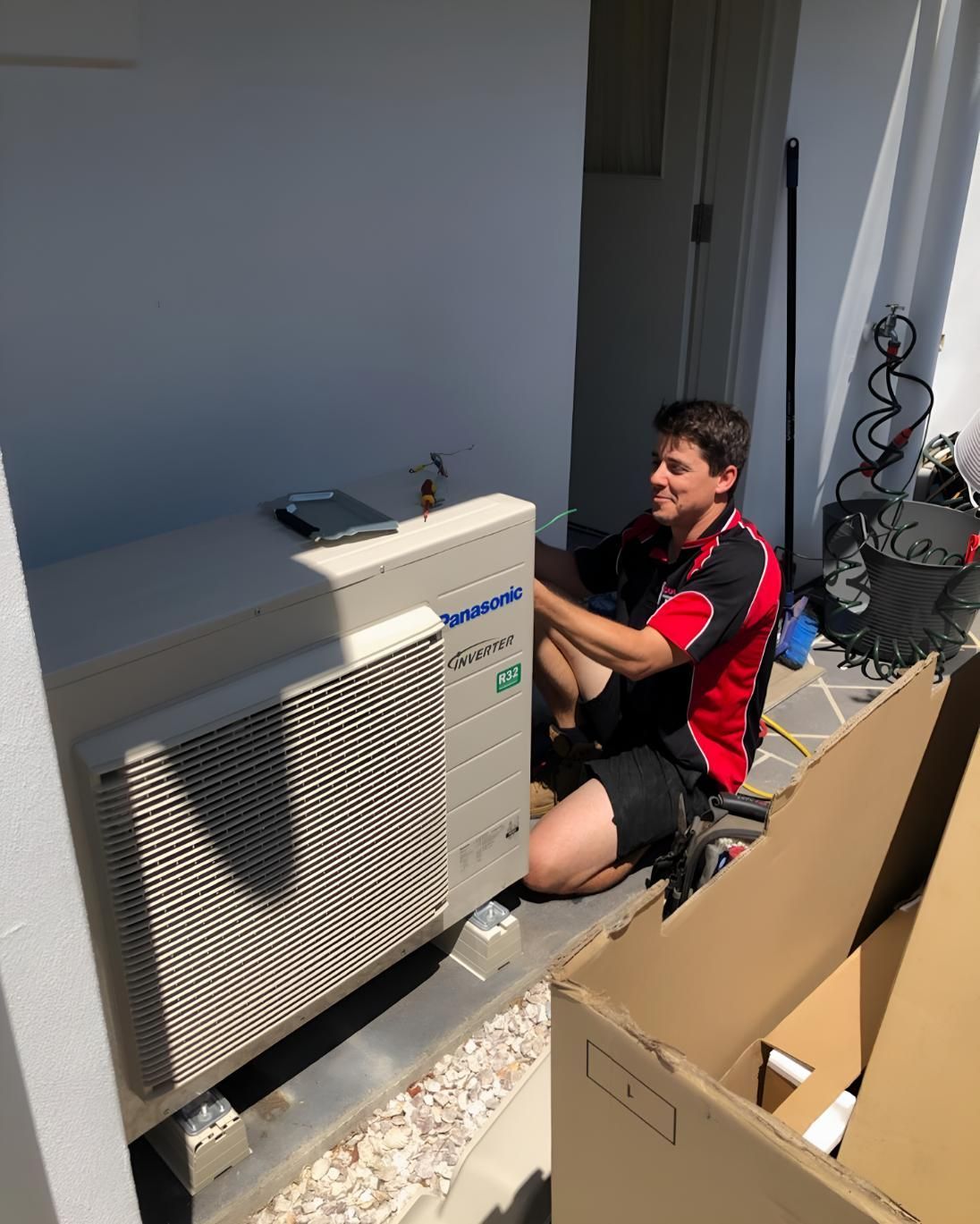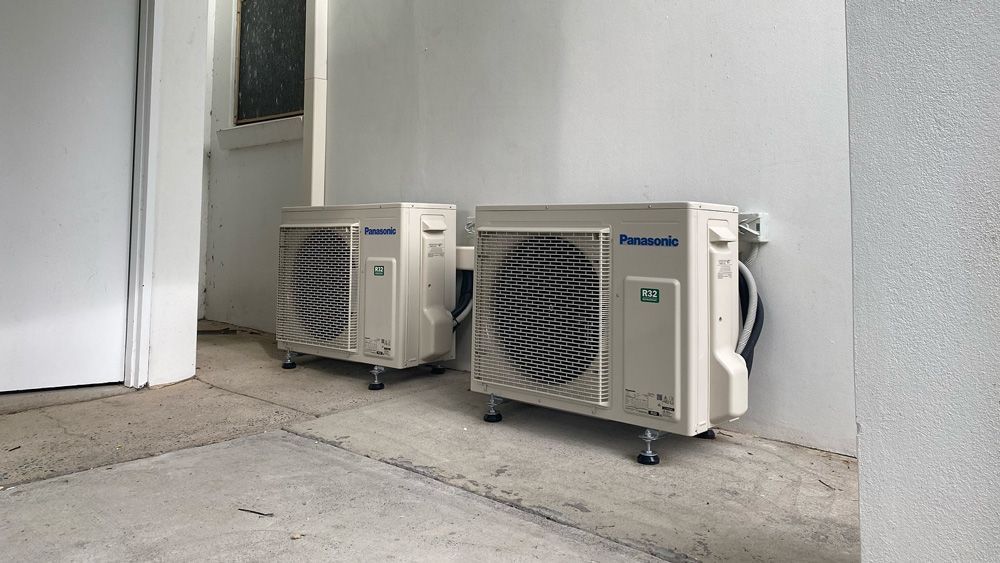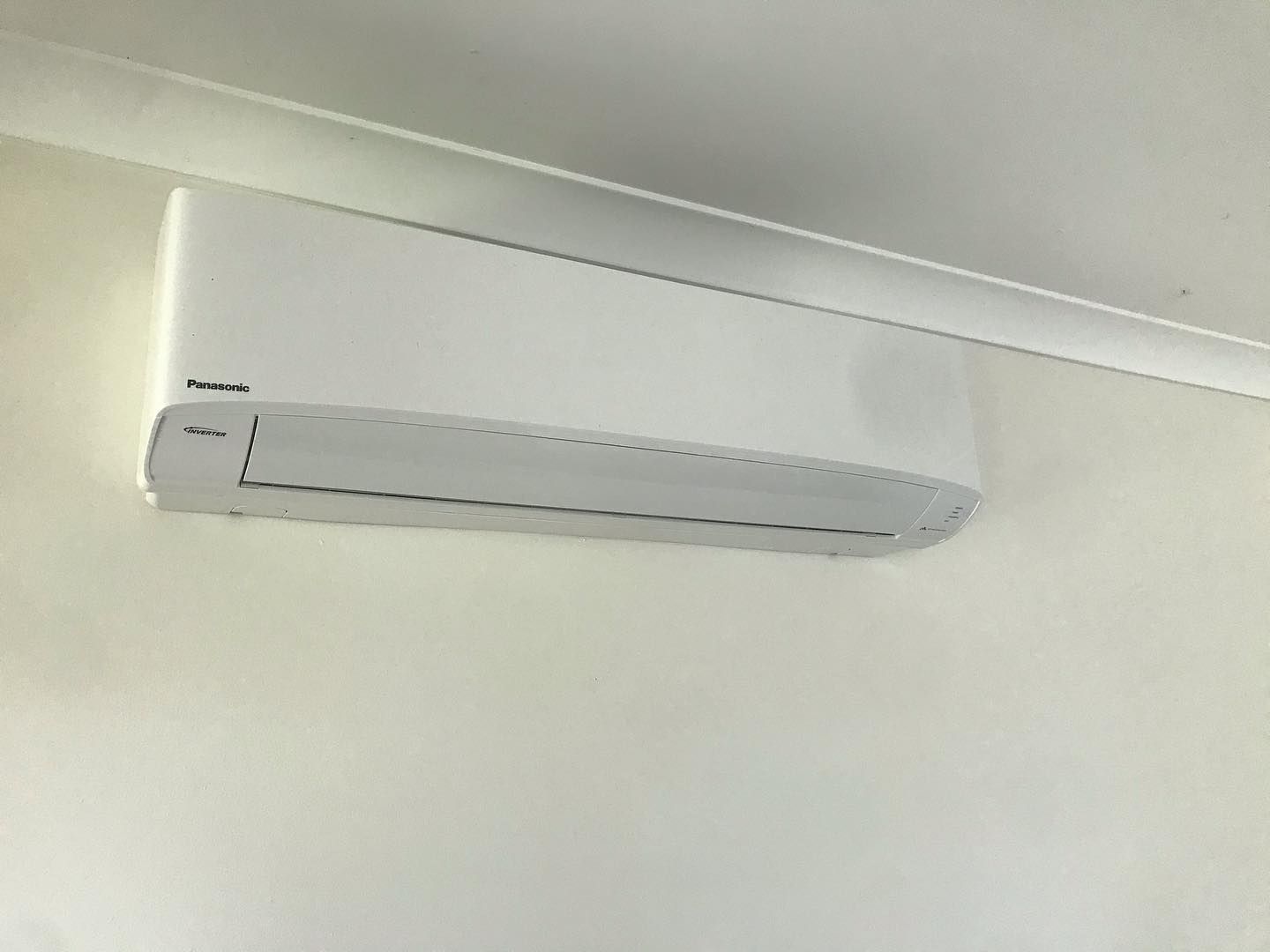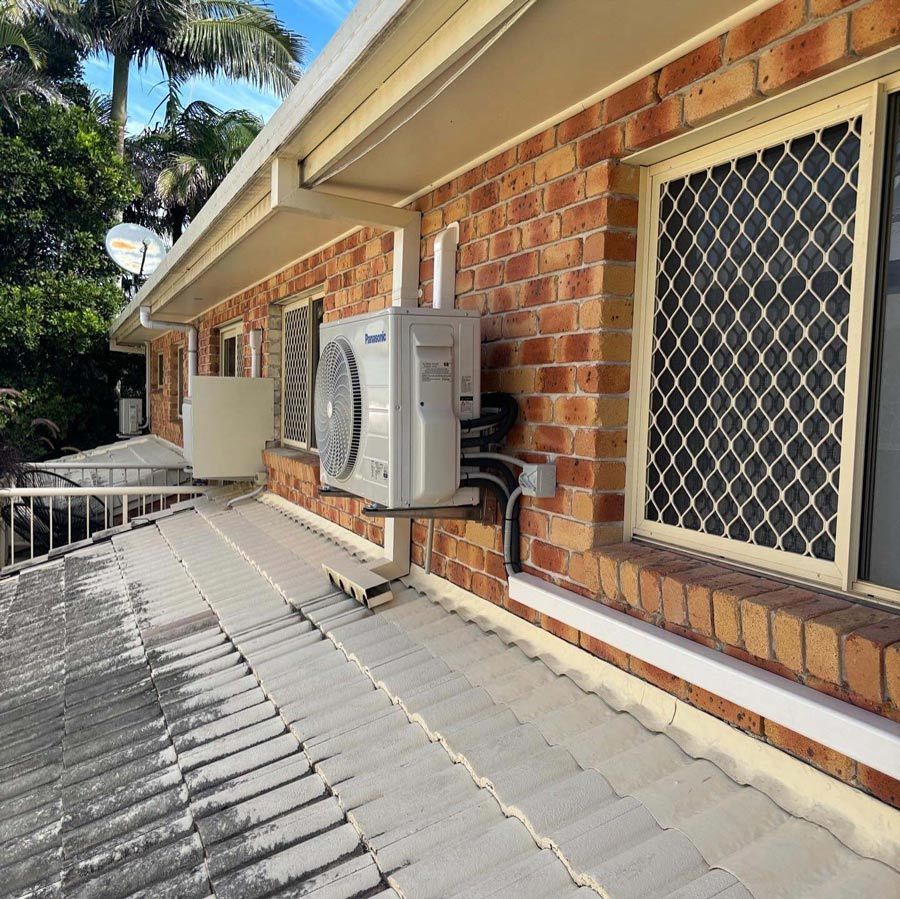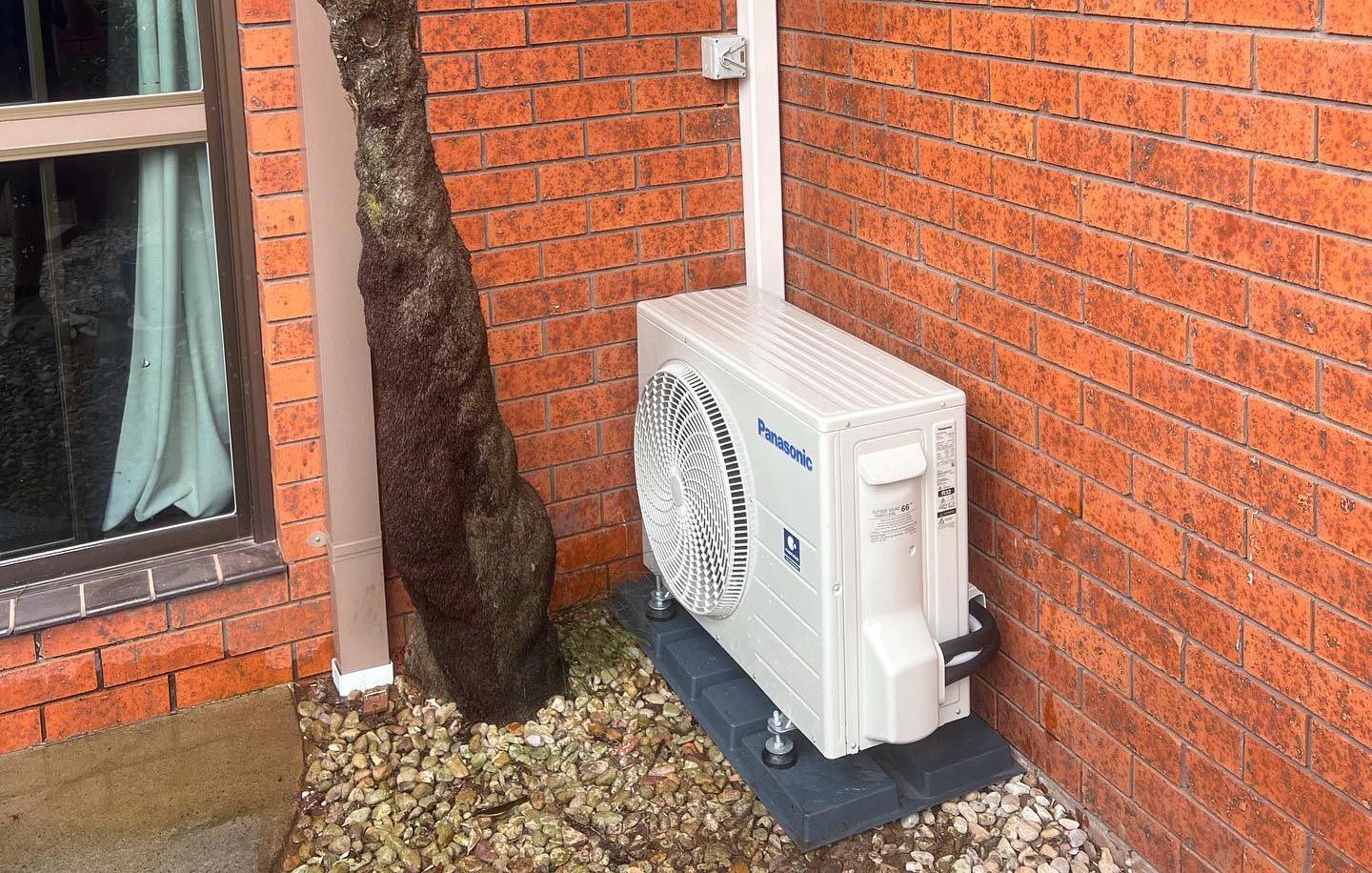Air Conditioning Vs Dehumidifier
Air conditioning and dehumidifiers both work to remove moisture from the air, but the way they work and the benefits vary. In this post, we'll explore some of the key differences between air conditioners vs dehumidifiers so you can decide what's best for your space.
DEHUMIDIFIERS EXPLAINED
Dehumidifiers are solely designed to remove moisture from the air, which helps reduce the risk of mould and mildew. A dehumidifier works by sucking air in from a space and cooling it to remove any moisture. This is then collected in a tank where it can be drained away.
There are several types of dehumidifier, including:
- Desiccant Dehumidifiers: These use a moisture-absorbing compound to remove the moisture from the air. They are typically not used for large spaces because they do not collect water and must be emptied periodically.
- Refrigerant Dehumidifiers: These use a refrigeration cycle to remove moisture from the air. These units can be used in all climates, but require electricity to operate.
- Mechanical Dehumidifiers: These use a fan to circulate air through water-soaked filters or pads which removes moisture from the air. Mechanical dehumidifiers do not require electricity to operate and can be used in any climate with adequate ventilation.
- Thermoelectric Dehumidifiers: These use two different metals to create an electric current, which then passes through water and cools air down. The cooled air is then circulated throughout the room, removing excess moisture.
Benefits
A dehumidifier is an easy, low-cost way to reduce the levels of humidity in your home, which can help you avoid mould, mildew and other moisture-related issues. They come in a range of sizes to suit different spaces, don’t require extensive installation and are quiet to operate.
Disadvantages
Dehumidifiers aren’t as effective as air conditioning and don’t typically cool the air, making them ineffective against heat.
AIR CONDITIONERS EXPLAINED
Air conditioners work by removing hot air from a room and passing it along an evaporator coil. Here, it is cooled by a refrigerant and becomes water vapour. The water vapour is then pumped through another coil and cooled further before being condensed into liquid form. The cool liquid is then pumped back into the evaporator coil where it absorbs heat from the room and the cycle repeats itself.
Benefits
Air conditioning is generally more efficient at removing excess humidity than a dehumidifier, which is why they tend to cost more. However, a key benefit of air conditioning is that it puts cool air back into your space to improve comfort during hot weather. Air conditioning also helps remove pollutants in the air, such as allergens, to improve air quality.
Disadvantages
Air conditioning requires more up-front investment and professional installation and maintenance. The unit can also be audible when running.
DEHUMIDIFIER VS AIR CONDITIONING: WHICH SHOULD YOU CHOOSE?
The right solution for you will depend on a couple of aspects:
Budget
A dehumidifier might be a better choice if you need to tackle moisture build-up while keeping your upfront investment low. However, if you have a larger budget and you’re looking to keep your home comfortable all year round with added benefits like air cooling, then investing in an aircon unit offers better functionality and effectiveness.
Air Quality
As an air conditioning system removes moisture from the air it also removes dust, pollen and other allergens, improving air quality in the process. They also eliminate odours and smoke from pets, cooking or cigarettes. This is useful if occupants have respiratory conditions or allergies. Unlike aircon, a dehumidifier only removes excess moisture from a room’s air and is largely ineffective against pollutants or allergens.
Temperature
Air conditioning puts cooler air back into your space, so if you’re looking for a solution to an excessively hot home during a tough Australian summer, air conditioning would make a better solution than a dehumidifier.
Energy Costs
Air conditioning does cost more to run than most dehumidifiers, however, it may also have a beneficial impact on energy usage. In winter, an air conditioner will allow you to lower the humidity level in your house more easily than simply opening windows or doors, meaning it’s also easier for you to heat your home by maintaining a consistent temperature.
Freshen Up Your Space With Air Conditioning
For most homeowners in NSW, air conditioning systems are a better option than dehumidifiers. They provide a more effective solution for reducing moisture, improving air quality and can lead to better energy efficiency all year round. To discuss your needs with us, contact the
air conditioning experts Coolman today.





